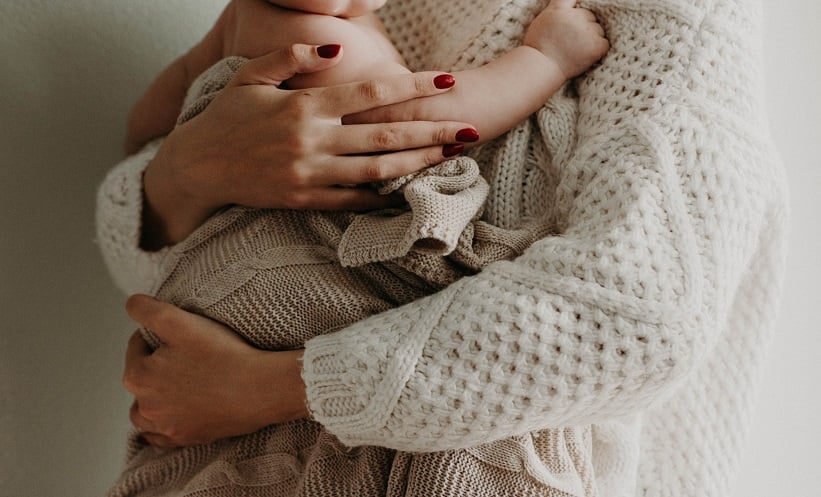EVIDENCE from an American study has shown that breast milk from vaccinated mothers provides protection against COVID-19 in infants that are too young to receive the vaccine. This study from the University of Florida, USA, found antibodies for severe acute respiratory syndrome coronavirus 2 in an analysis of stool samples from infants consuming breast milk. Using a neutralisation assay technique, researchers were able to confirm that these antibodies offered protection against the virus. Currently, children under the age of 6 months cannot receive the inoculation; therefore, ingesting breast milk could be the best avenue of providing immunity. The researchers highlighted the importance of their work in relation to the gut for a disease that is mainly considered respiratory. “The antibodies ingested through breast milk may provide a protective coating in the infants’ mouths and gastrointestinal tract,” reported Vivian Valcarce Luaces, a co-author from the Department of Neonatology, University of Florida Health, USA.
The assay technique involved isolating antibodies from the infants’ stool and introducing a fluorescent pseudo virus, which lit up when bound to a cell. The current study analysed antibodies from the mothers’ blood plasma and breast milk directly after vaccination and after 6 months. Researchers found that these were more effective in neutralising the virus, although antibody levels decreased by the 6-month mark.
The Centers for Disease Control and Prevention (CDC) recommends COVID-19 vaccination during pregnancy and breastfeeding periods, in agreement with the findings of this study. However, alarmingly, it is considered that 70% of pregnant people in the USA have completed their primary series of COVID-19 vaccines, and only 14% have received their bivalent booster. Involving 37 mothers and 25 infants, this investigation had a relatively small sample size, but the researchers are encouraged that their study adds to a growing body of research, revealing that vaccination during pregnancy and breastfeeding offers good protection, and stating that larger studies and further research are required to cement this evidence.








